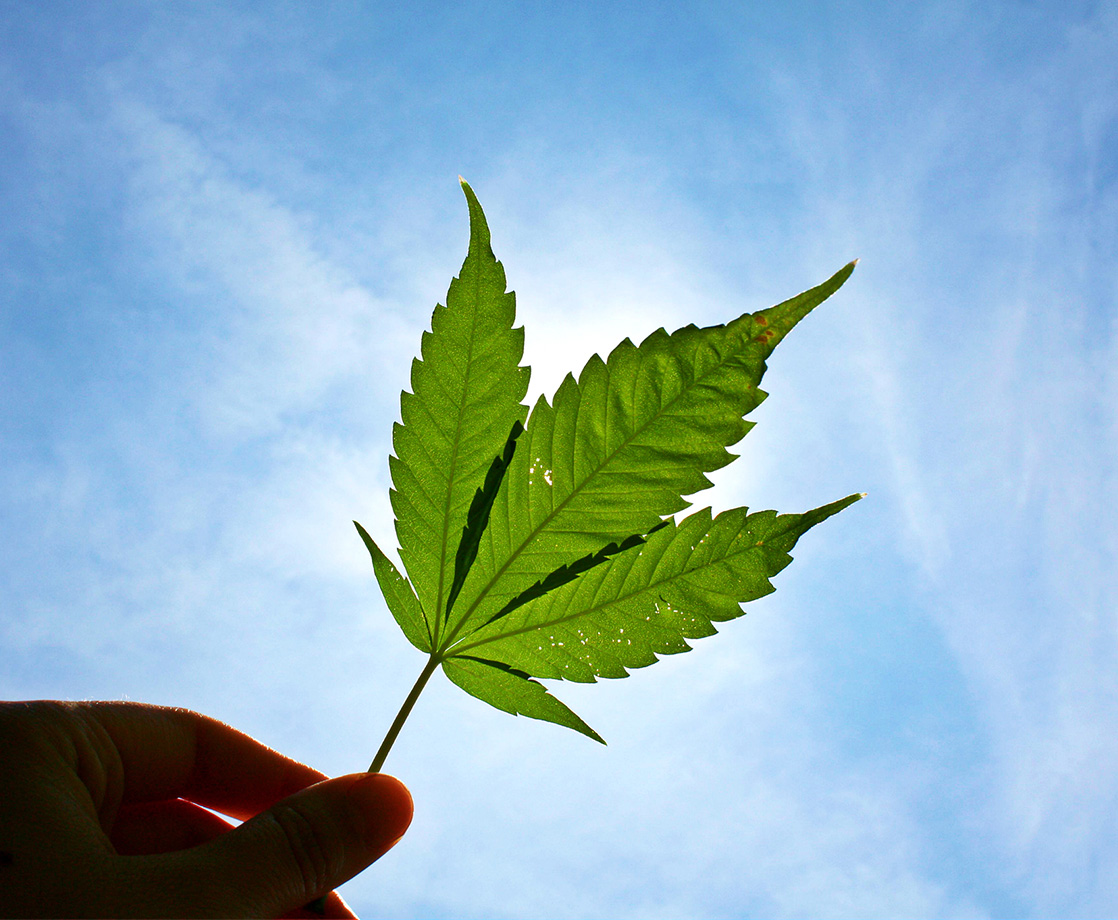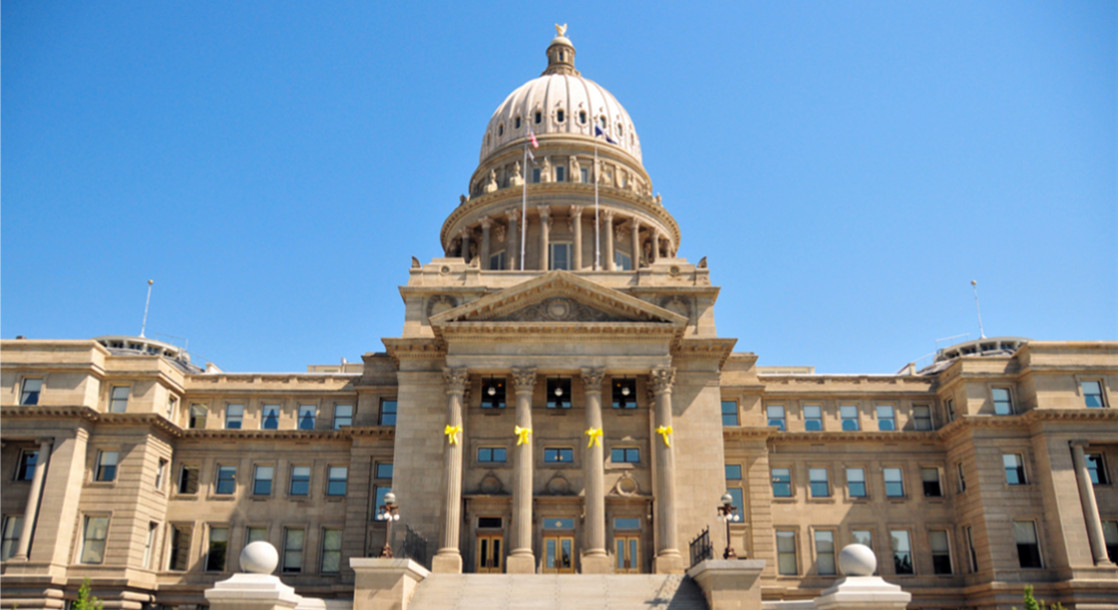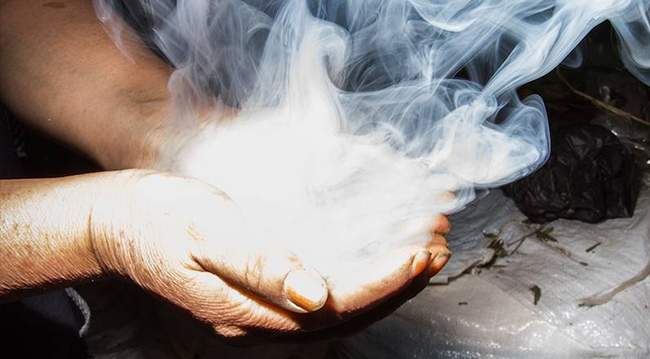Since the late 1990s, California's medical marijuana laws have allowed a wide variety of cannabis-related businesses to thrive in a largely unregulated market. As of this January, recreational cannabis is now fully legal, but with that freedom comes a raft of regulations to lock down what was once the "wild west" of unregulated businesses.
In order to give older businesses a chance to transition over to fully licensed operations, and to give new businesses a leg up on getting into the legal industry, the state gave out temporary licenses that waived some fees and requirements. But now, as these licenses expire, some business owners are finding that the fees and regulations are so arduous that they are considering quitting the industry.
The state Bureau of Cannabis Control (BCC) granted temporary 120-day permits to over 1,100 distributors, and sellers, and testers throughout California, and the state agriculture department issued another 3,412 temporary licenses to growers. These temporary licenses waived the application fees and allowed businesses to cut back on the amount of red tape necessary to become fully legal. All of the licenses that the state granted on January 1st are set to expire this week, but the final licensing process is still dragging on.
The state has not issued any official annual licenses yet, and regulators say that the first approvals are still at least a month away. In the meantime, the BCC is allowing businesses that have applied for annual licenses to extend their temporary licenses for another 90 days while they get their paperwork together. Businesses that fail to get their applications in by the deadline will be forced to shut down until they complete the process.
As of April 25th, five days before the deadline, only 278 businesses had submitted their final applications. "Part of the problem, I think, is that people wait until the last minute," BCC chief Lori Ajax told the Orange County Register. "I'm a procrastinator sometimes. I get it, so I'm not upset." There are a number of obstacles other than procrastination that are keeping businesses from getting their applications finished, however.
The BCC will not approve a cannabis application unless the applicant has gotten approval from their local jurisdiction, and canna-business owners are reporting that local officials have been loath to do so. Proposition 64 allows municipal governments to opt-out of allowing retail canna-businesses in their neighborhoods, even in counties that have allowed legal marijuana grows for decades. Fewer than one in seven California cities allow recreational cannabis stores, creating "pot deserts" in the state that require some residents to drive for hours if they want to find legal weed.
A number of other regulations will also kick in over the summer, including the state's mandated track-and-trace system. As of June 1st, every cannabis plant must be tracked from the first seed to the final sale, and all canna-businesses must use the CCTT-METRC system to record, track, and maintain constant information regarding their cannabis inventories. The BCC has been conducting inspections of businesses throughout the state to ensure compliance with the new system, and has also ordered hundreds of unlicensed pot shops to shut their doors for good.
And by July 1st, temporary license holders must begin pre-packaging and labeling their products as per state guidelines. The cost of licensing and application fees are also a challenge for some startups, with annual license fees ranging from $4,000 to $125,000, depending on the size and type of canna-business. The new regulations will also require business owners to ramp up security, training, and testing, adding to the financial burden of compliance.
All of these additional costs will likely be passed on to the customer, jacking up the price of legal weed in comparison to black market alternatives. "It's killing us," Joseph Tintari, owner of the Greenlight Discount Pharmacy, said to the LA Times. "The patients rebel against the tax and they'll go to an illegal shop that isn't charging the tax, one that is at least 33 to 40 percent cheaper than I am, and I'm in the sort of neighborhood where $5 matters."











